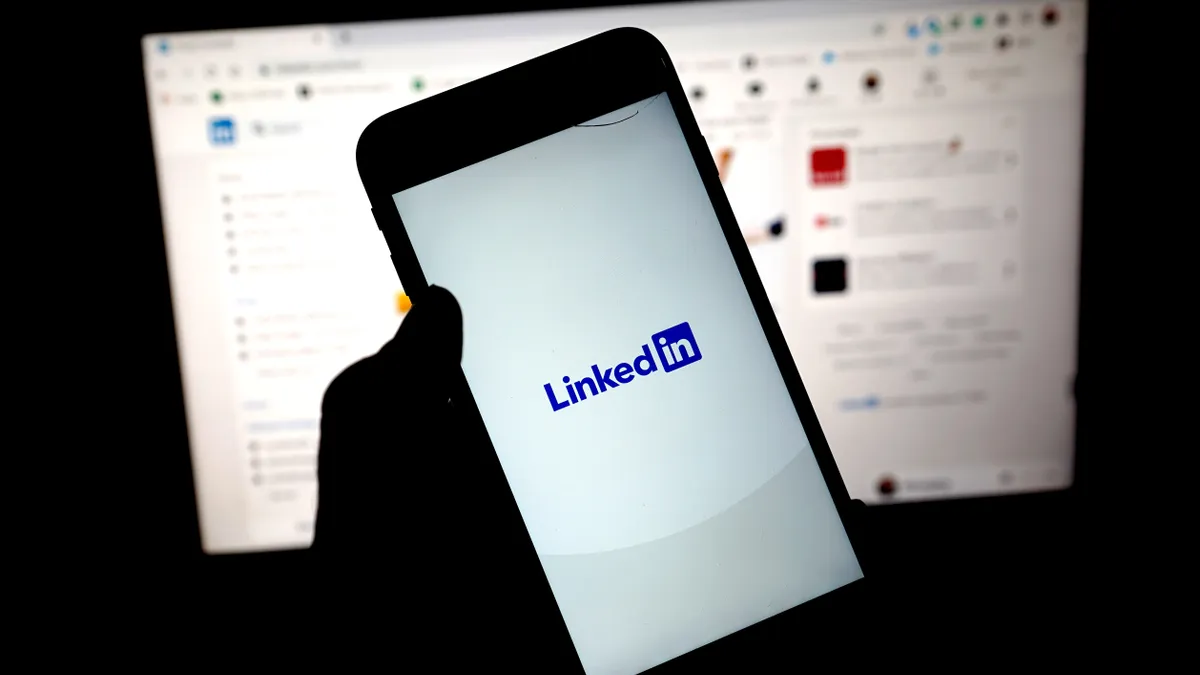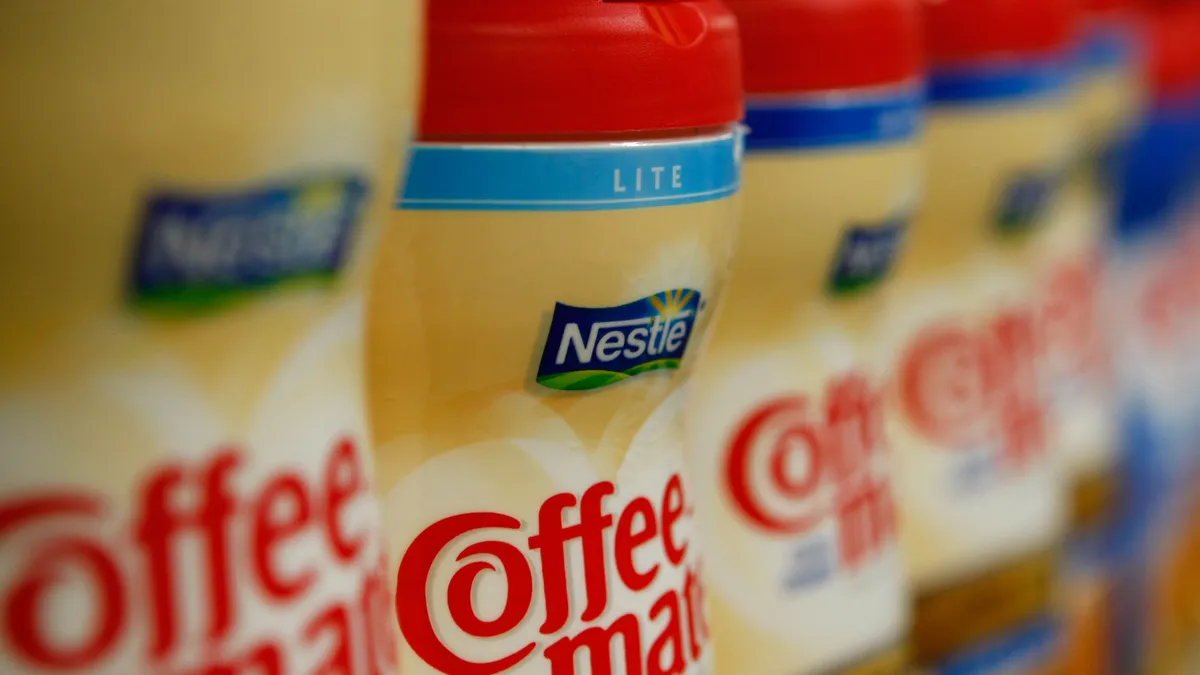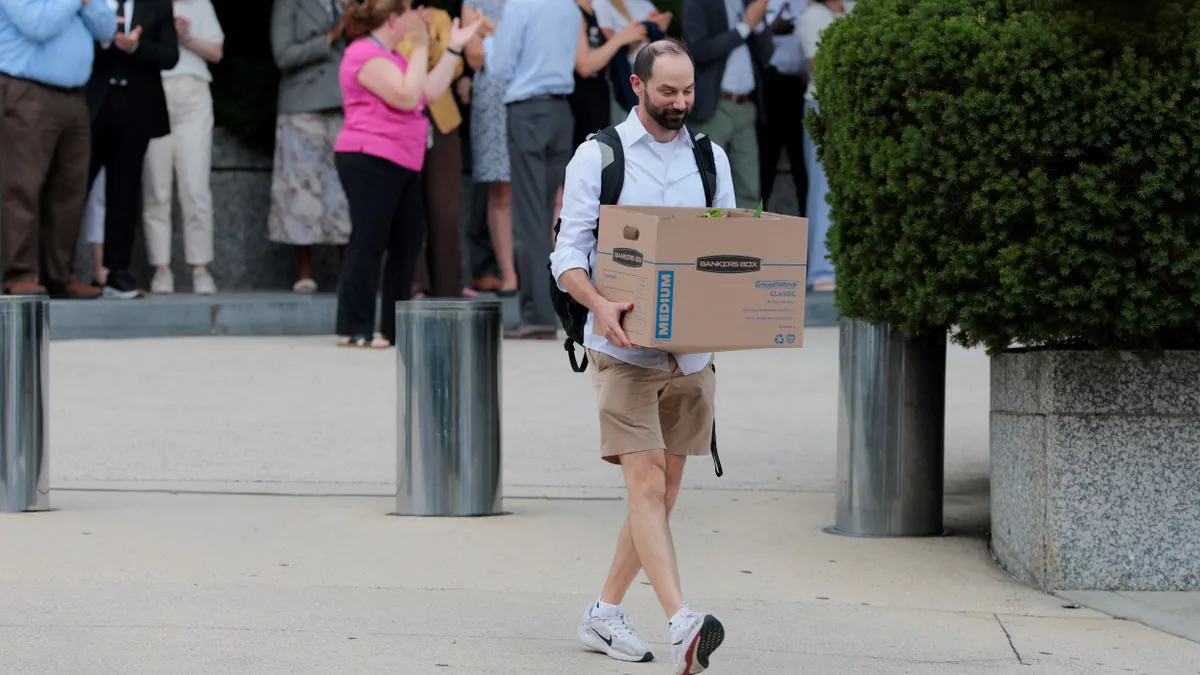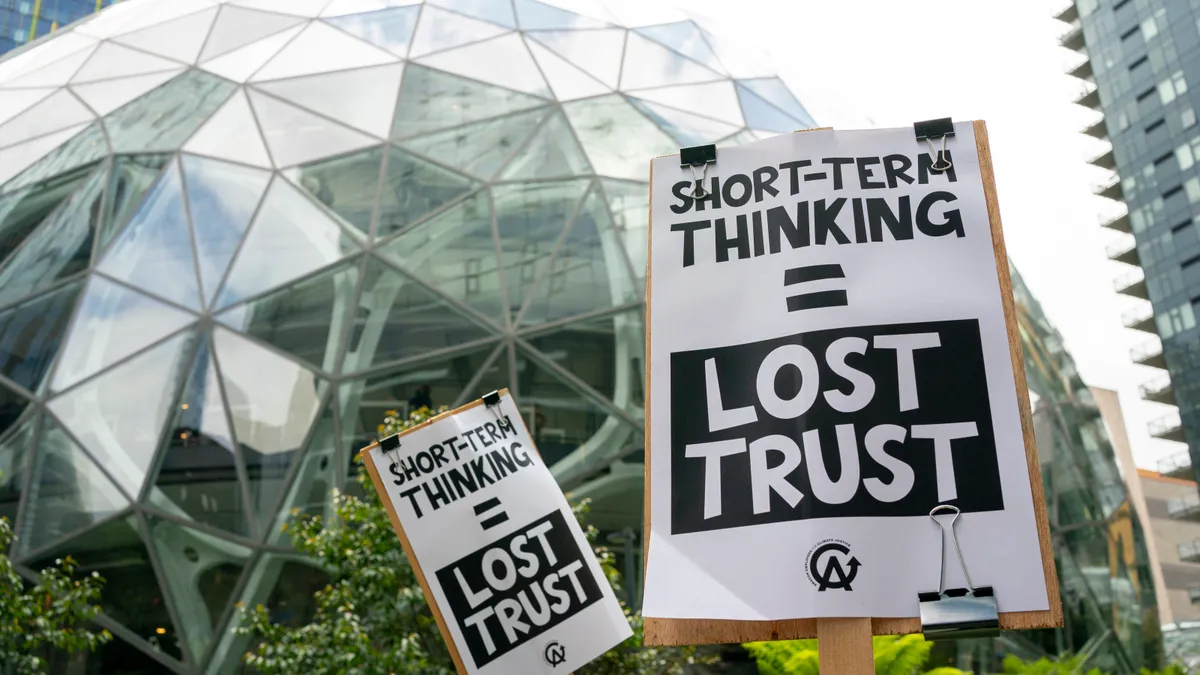Several weeks ago, after Transportation Secretary Pete Buttigieg announced he would take paternity leave to spend time with and care for infant twins he adopted with husband Chasten, a tweet in response to his decision went viral.
"The thing about paternity leave is there isn't much for dad to do when the baby is a newborn...," conservative pundit Matt Walsh noted. "His main role is to take care of mom as she recovers but of course that doesn't apply to Buttigieg so I'm not sure why he needs paternity leave at all."
The thing about paternity leave is there isn't much for dad to do when the baby is a newborn, especially if mom is breastfeeding. His main role is to take care of mom as she recovers but of course that doesn't apply to Buttigieg so I'm not sure why he needs paternity leave at all
— Matt Walsh (@MattWalshBlog) October 15, 2021
The tweet flared up in predictable culture-war ways, with actors on both sides of the political divide digging in their heels and sending flaming insult-bombs through quote tweets and replies.
While the tiff might normally be chalked up to the involvement of a politician taking leave from a government role, Joe Lonsdale, an "investor, entrepreneur and philanthropist" based in Austin, Texas, made headlines with his own critical tweet about paternity leave less than two weeks later.
"...Any man in an important position who takes 6 months of leave for a newborn is a loser," he declared, referring to Spotify's policy of offering six months' leave for all new parents. "In the old days men had babies and worked harder to provide for their future — that's the correct masculine response."
Exacerbated by the current legislative debate, the emergent culture war around paternity leave demonstrates how the policy has become a "masculinity issue" for some people, said Amy Beacom, founder and CEO of Center for Parental Leave Leadership, a consultancy organization that works with companies. "There have historically been very strict gender roles in this country. Moms are at home and dads are bringing home the bacon," she said. "Paternity leave challenges those people for whom that works well."
But some companies are finding major benefits in their paternity leave policy — not only for improving equity, but in boosting talent and retention.
Finding the floor
According to the OECD Family Database, the United States is one of a handful of developed countries with no legally required, paid paternity leave policy for fathers (and the only country with no legally mandated, paid maternity leave policy). With no federal requirement — Washington, D.C. and several states do have such a requirement — most companies are left up to determine their own policies.
A Society for Human Resources Management survey from last year found that fewer than half of the more than 1,000 HR respondents surveyed (45%) offered paid paternity leave, with 31% of those doing so voluntarily (without government mandates). At companies that did offer paid leave, about two-thirds of employees were eligible to use the policy. Larger firms (those with 1,000 or more employees) were more likely to say they offered paternity leave; 5.9 weeks was the average maximum time off companies offered.
When working with companies, Beacom recommends a "floor" of 12 weeks of gender-neutral parental leave. She says that rather than focusing exclusively on what employees "need," companies should consider the type of culture they're building and how parental leave might be used to move that forward.
Beacom pointed to Sweden as an example of a culture where the effects of paternity leave have been tracked and revealed benefits for society as a whole. After the country passed a law in 2012 that allows fathers to take up to 30 days paid leave, as needed, in the year following a child's birth, the National Bureau of Economic Research found that new mothers experienced a significant drop in their need for anti-anxiety medication.
"As dads are [using paternity leave], they're becoming more confident in their parenting. They have better relationships with their partners, they are less likely to be separated or divorced six years later, they have more sex," Beacom said. "There's so many downstream effects for dads having access to and then taking paternity leave."
Reaching for the ceiling
While Beacom recommends 12 weeks of paid leave at minimum, several companies have branched out with longer leave policies as part of their diversity, equity and inclusion goals. Like Spotify, spirits producer Diageo, which employs 26,000 people globally and distributes a slew of well-known liquor brands, offers six months of gender-neutral parental leave.
For Diageo, providing a cutting-edge paternity leave policy for its employees was an extension of its company goal of "celebrating life, every day, everywhere," Laura Watt, executive vice president of human resources for Diageo North America, told HR Dive.
"We made that decision at the global executive level quite quickly ... We were aiming to have six months full pay for everybody regardless of gender, but also regardless of how they became parents, whether that was through natural birth, whether that's through surrogacy or through adoption," Watt said.
"The conversation was not, 'Should we do it?'" she said. "It was like, 'Why couldn't we do it? Is there any reason why we can't do that?' And the executive committee just said, 'We can't see any major reasons. Let's do it.'"
The day we rolled the policy out … my team based in Budapest phoned me to say, 'We just read this. Is this really true? This can't be true. This is incredible.'

Laura Watt
Executive Vice President of Human Resources, North America
Diageo rolled out its policy in 2019. It began with six months in the majority of markets and four weeks in a few others, where it wanted to monitor the cultural reception of such a policy (it has since moved to six months of paid leave in almost every market). Employees are not required to take the time immediately after the birth or adoption; they have up to a full year after becoming parents to use their leave.
At first some employees were shocked, Watt said. "The day we rolled the policy out … my team based in Budapest phoned me to say, 'We just read this. Is this really true? This can't be true. This is incredible.'"
In addition to being a morale booster within the company, Watt said the policy has been a major differentiator for recruitment and retention, helping the company attract new talent and maintain the top talent it already has.
The policy has also introduced a new kind of training and upskilling system for Diageo. When a parent goes on leave, the company often employs "internal secondment" to fill their role, bringing a junior or different team member up to learn the position in the employee's absence. "It's a great opportunity for people to step up, get a different experience and actually grow from a talent perspective over that period," Watt said.
Challenging the stigma
Carlos Esquivel, director of consumer planning for Diageo's vodka category, was one of the first to make use of the company's new paternity leave policy. He and his husband had put in an application for adoption in late 2018, and on his Fourth of July holiday, he learned a birth mother had chosen the couple — and that she was in active labor. Their son Eli arrived July 5.
Esquivel and his husband both took the first week off, and then traded off with their remaining leave. His husband took the first three months of partially-paid leave and Esquivel then took the remainder of his time.
"It's heartwarming," Esquivel said. "I was able to go out with him. I was part of a parent group." While he imagines the stress would have been higher without the opportunity to take time off, he prefers to think about the positive impact of the time. "It's just such a precious time for bonding, or building a family, building the foundations of your family."
Beacom echoed the same sentiment. "This is sacred time that parents get to have together to form the foundation for their family going forward," she said. "And if they don't have that time, the seeds of all of these other issues that we were just mentioning — confidence and relationship issues — come into play."
Without taking the time to intentionally determine how a family is going to work and what responsibilities each parent will take on, "we head down paths of disconnect and division," Beacom added. "Often … [parents] start to separate more into those traditional gender roles, where you're really not connected, one's working, one's got home, and that's just more of a practical setup."
The child care that dads help provide as part of parental leave also provides a form of leadership-building for men, Beacom said. When a father has gained the patience that comes with caring for an infant, rather than consistently relegating those tasks to the baby's mother, he can bring that social-emotional knowledge into the workplace to help better manage emotional upsets on his team. It's "an enormous human development opportunity for that dad," she said.
Still, even with the opportunity to take paternity leave, the social stigma associated can be difficult to overcome for many men.
According to Watt, Diageo sometimes has to spend "quite a lot of time" encouraging senior leaders to take their parental leave and ensuring them the company will be OK. "We say, 'Look, you're a role model and actually, if you're a woman, you don't get that choice … work will always be there, right?' It's really important that people feel they can take it and see senior leaders taking it as well. So we've had many, many senior men take it now and they come back and talk about their experience. So really, it's driven a lot of engagement and a lot of great feedback."
With HR's prompting and the normalization of paternity leave within Diageo, the company has found success convincing even hesitant men to take advantage of the policy. "I can't think of anyone who didn't take a significant time since we introduced the policy," Watt said.




















